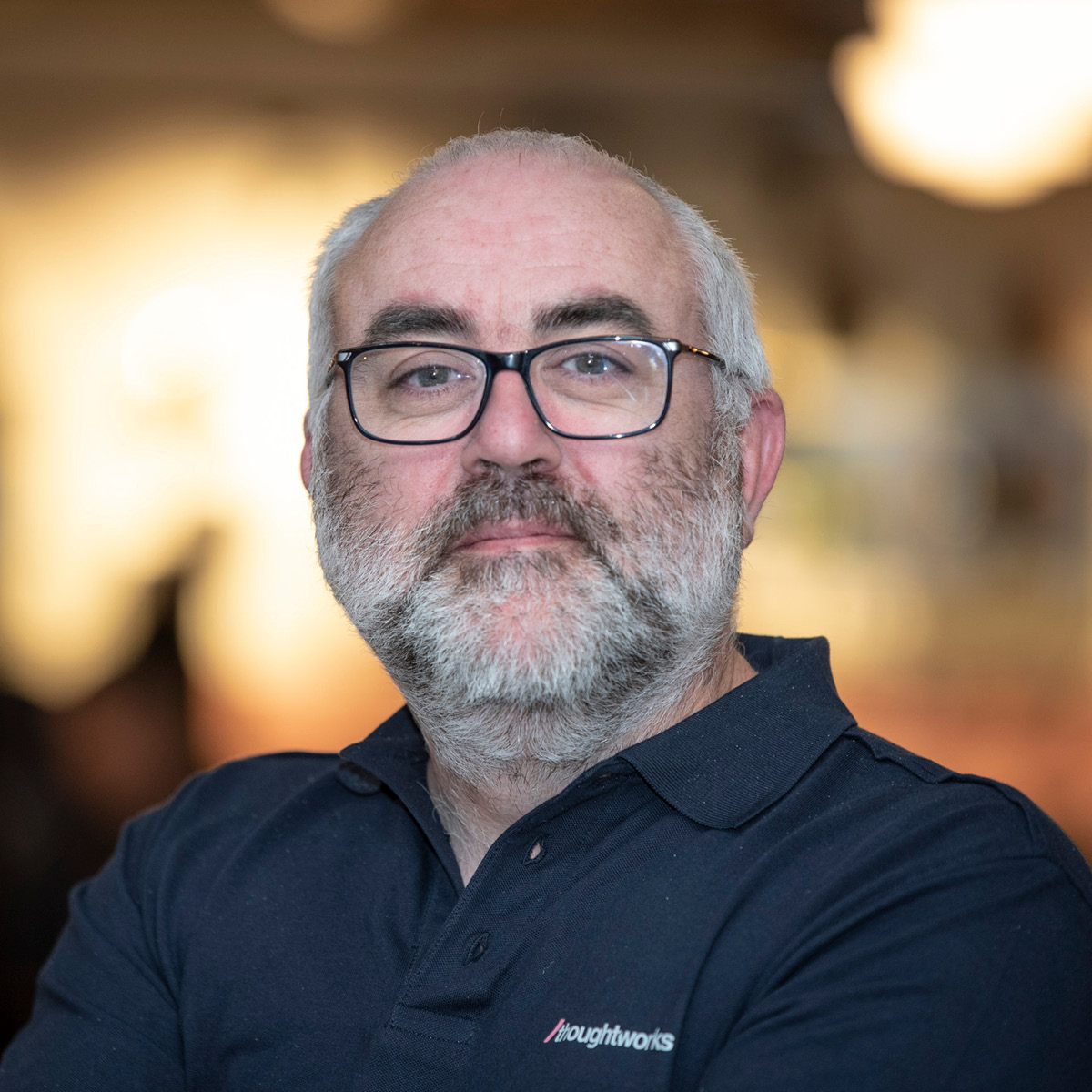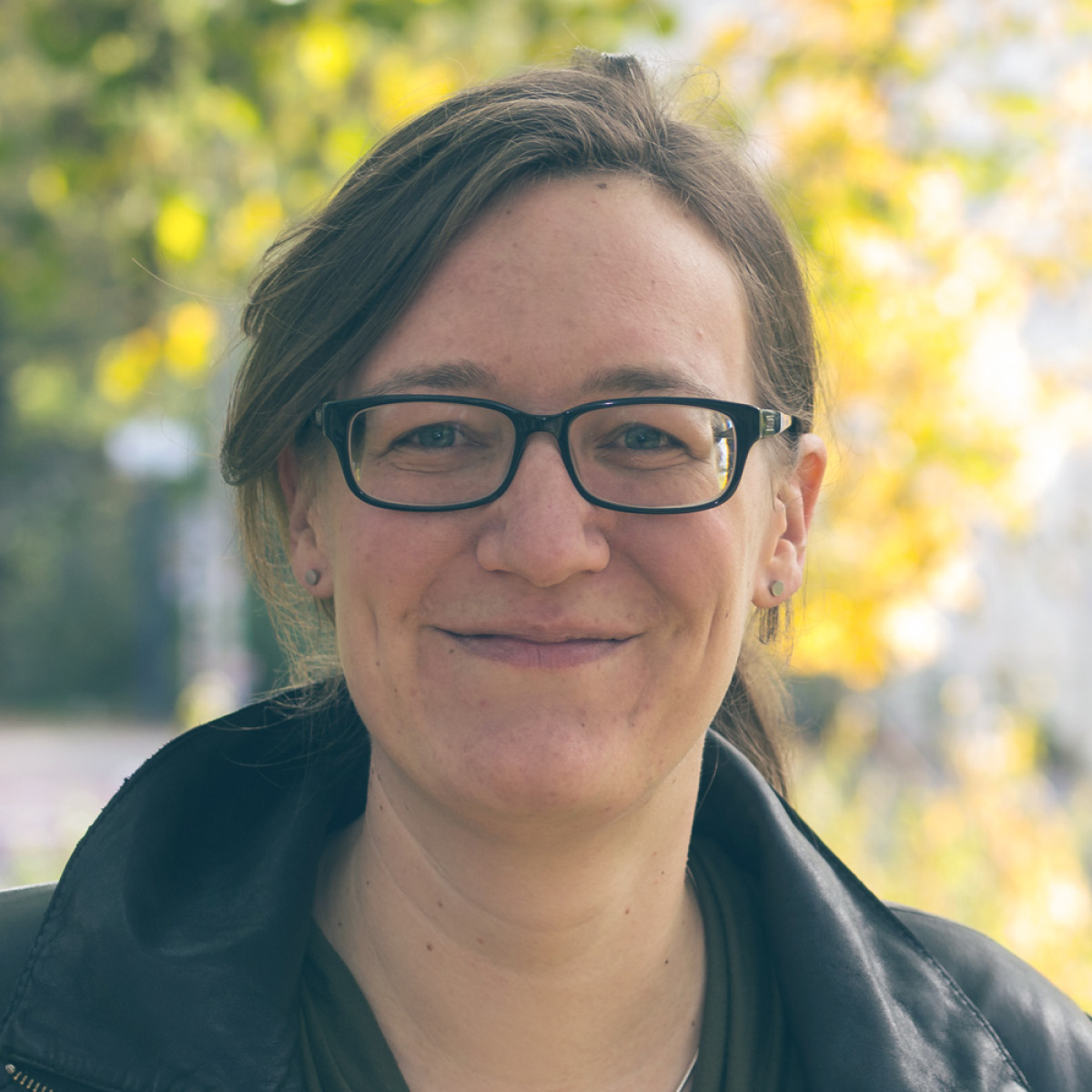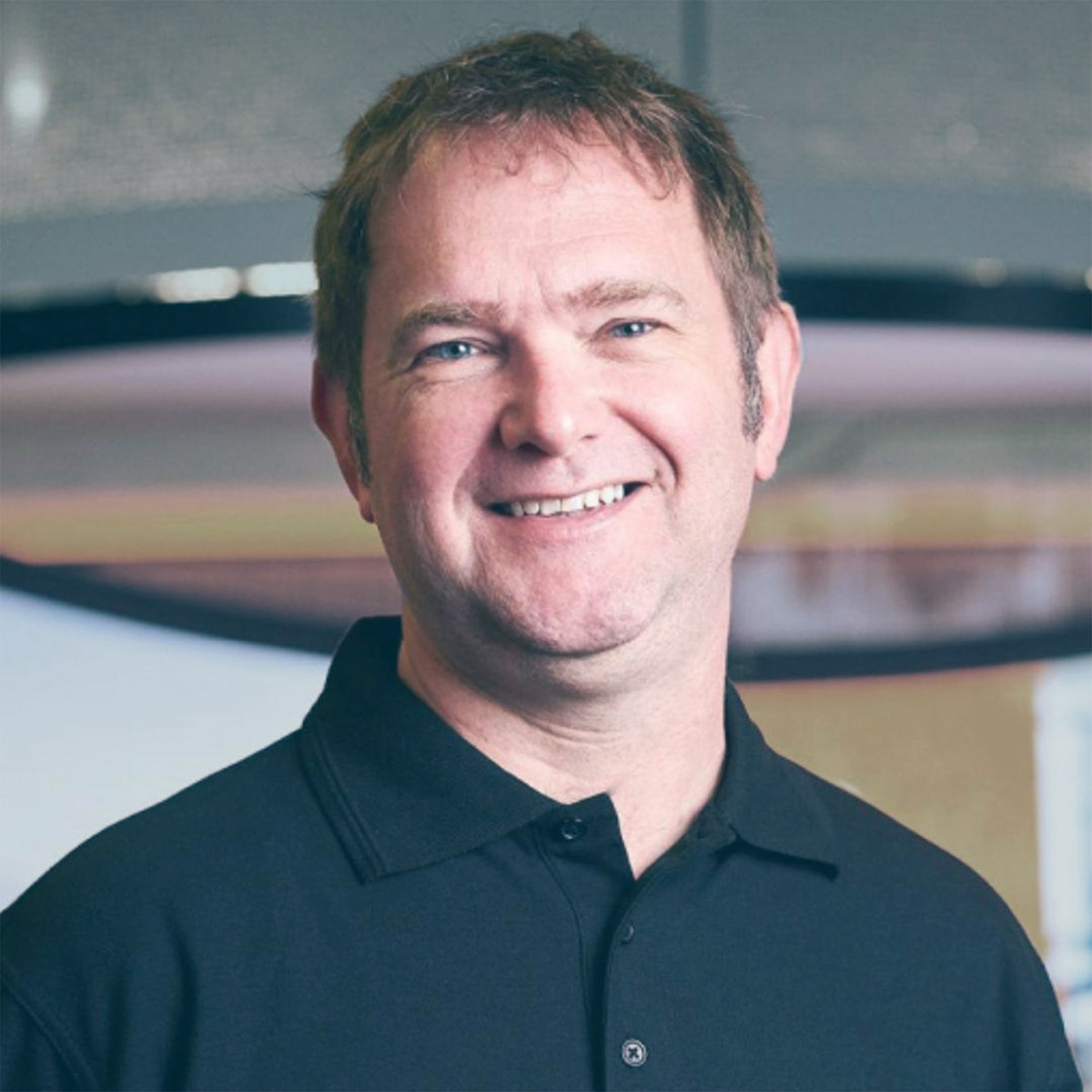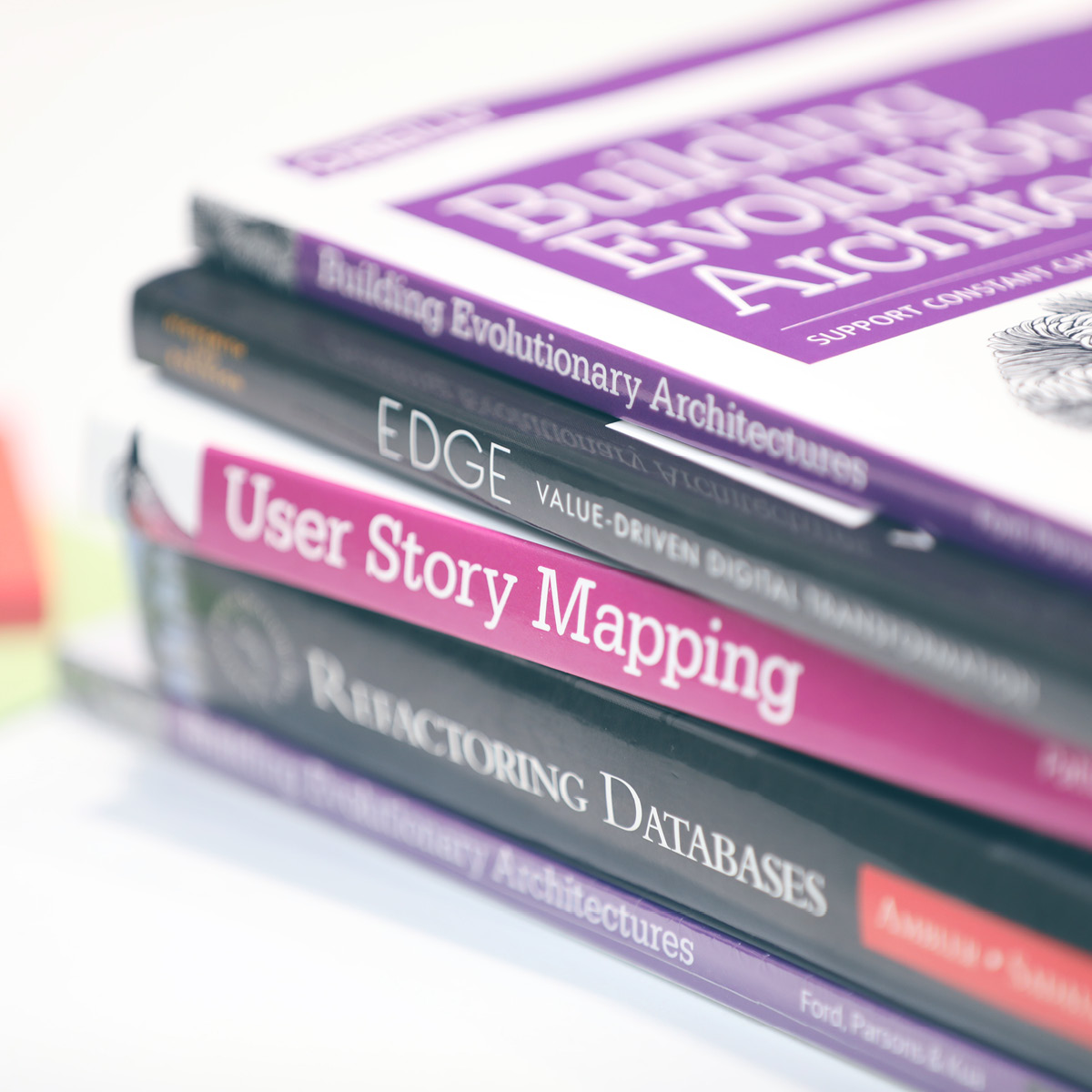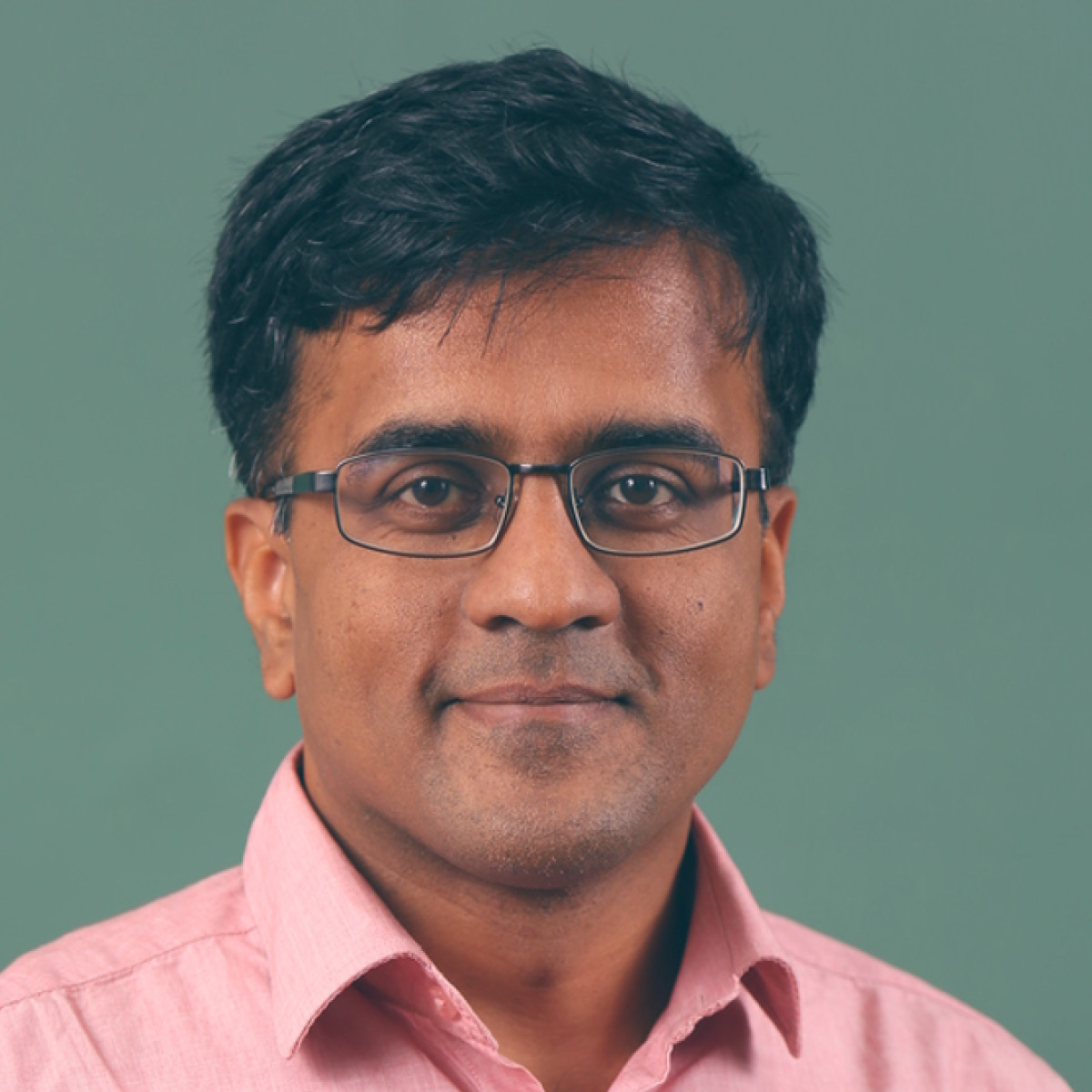Upcoming events
Filter by
-
February 26, 2026In personRomaniaAI adoption: From foundation to practiceJoin us at the Thoughtworks Bucharest office for an interactive event dedicated to fostering a strong community of tech specialists. Based on our shared dedication to technical excellence and knowledge sharing, this event aims to create opportunities for connection, learning and empowerment through the exchange of ideas and practices.
-
March 5, 2026OnlineGlobalModernization is no longer a project: AI-enabled managed services for continuous changeWhile most organizations have implemented AI in ITOps, only 12% have achieved true AI-driven operations. Join Jen Thomson (AVP at IDC) and Josh Burks (SVP at Thoughtworks) for a candid fireside chat to unpack the specific strategies that separate AI leaders from the rest of the market. Drawing on new global research from 500 organizations, this session moves past the hype to discuss the structural changes needed to scale AI effectively.
-
March 12 to 13, 2026In personItalyVDMA European SummitThoughtworks is proud to partner with the VDMA European Summit, focusing on moving AI from pilot to production. Join us to hear Dr. Sebastian Werner on the panel, “Smart Machines, Smarter Businesses,” and visit our booth to learn how we help the machinery industry modernize legacy systems and deploy scalable, production-ready AI that delivers real business value.
What is XConf?
XConf is our annual technology event created by technologists for technologists who care deeply about software and its impact on the world.
Thoughtworkers and guest presenters share how technologists and business leaders foster growth, collaboration and innovation to make an impact on clients, society and the tech industry. Explore the highlight videos, talks and regional event spotlights below to get a sense of what it is like to attend XConf.
Keep an eye on our website for our 2026 events
Book a workshop or keynote that sparks fresh thinking
Meet our Distinguished Engineers